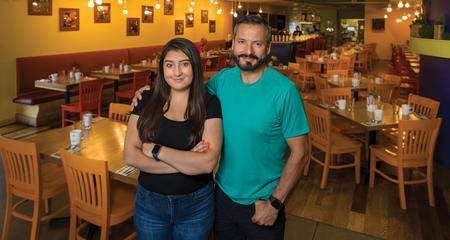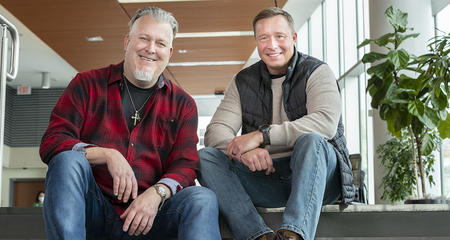Whatever we learn to do, we learn by actually doing it; men come to be builders, for instance, by building, and harp players by playing the harp.
-Aristotle
I groaned. "Don't make me operate with him again! I assisted him in surgery just last week!"
I was low man on the totem pole and there was no point arguing. All of the residents and fellows kept track of the rotation and I knew it was, indeed, my turn. "What torture!" I whimpered as trudged off to the operating room.
So, why did I resist working with this particular surgeon? After all, he was a renowned expert with impeccable credentials. He was well-trained. He worked hard and was never abusive. He always performed interesting procedures and his approaches were unique.
The problem was that he was hopelessly disinterested in teaching.
One day, for example, I scrubbed in with him. The patient had large facial cancers and would need extensive removal of skin and major reconstruction. Given the extent of the disease, I knew that the case would take several hours to complete.
As I got to the operating room, I reintroduced myself although we had met before in conferences. "Doctor, I'm Bruce Campbell," I said. "I am one of the new fellows. I am looking forward to scrubbing with you."
He nodded and mumbled, "Hello." That was the last direct verbal interaction all day.
The patient was prepared and the surgery was soon underway. For several hours, I stood across the table from the prominent surgeon and watched. He performed every single maneuver of the procedure from making the first incision to placing the final stitch. When he needed something retracted, he asked the scrub tech to hand him the appropriate instrument. He then placed the retractor in the incision and pointed the back end of it toward me, indicating I was to grab the retractor and pull. If it slipped or I tried to move it so that it might offer better exposure, he grunted, shook his head, and moved the instrument back to where it had been.
And so it went all day. He worked through areas with interesting anatomy, none of which he described. He changed his approach a time or two without revealing his thoughts. He never offered to show me what he was seeing or stopped to say, "see how this feels here," or "take the knife and dissect this." He kept working.
When the case was over, he placed the dressings and secured everything with surgical tape. He pulled off his gloves and left the room. I stayed behind to help transfer the patient to the Recovery Room and complete all of the postoperative paperwork. I was seething.
I realize, of course, that every patient has the right to expect that the senior surgeon will perform their surgery even in academic teaching hospitals. This expectation is probably even stronger now than it was during my training, thanks to the Internet and the popular medical shows on television.
Yet, every operating room is potentially a wonderful classroom. It has been so for generations. This is the place where the next cohort of surgeons safely learns what to do and, more importantly, what not to do.
I look back on my experiences with the disinterested teacher with sadness. What more might I have learned? I observed his techniques but never understood why he approached cancers as he did.
I continued my training program determined to be a teacher as well as a surgeon when my turn finally arrived. That has been a goal throughout my practice, and I hope I will be remembered as a surgeon who loved to teach, benefiting not only my own patients, but the patients of my trainees far into the future.



